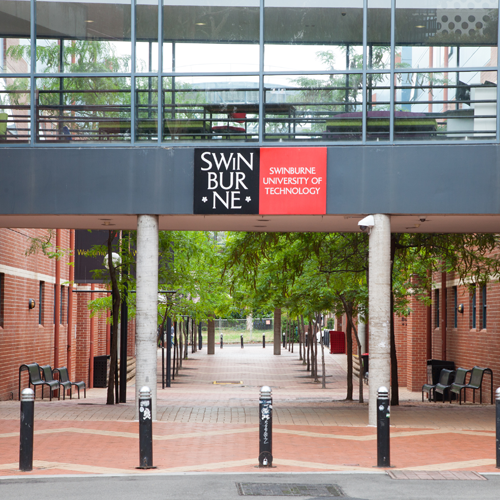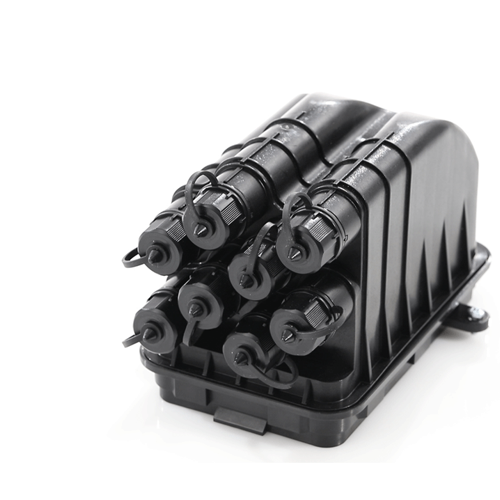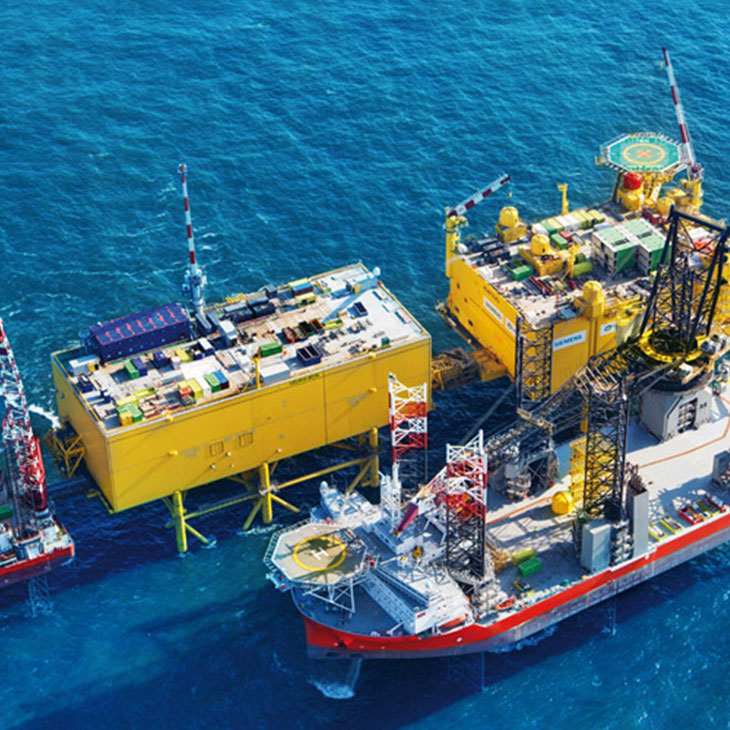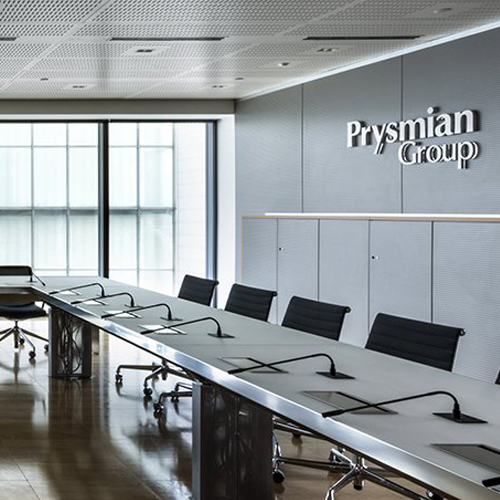Next 3 2020

Australia 'records fastest internet speed ever'
Researchers at Australia’s Monash, Swinburne and RMIT universities have logged a data speed of 44.2 terabits per second. At this speed – the fastest internet data speed ever recorded - it would be possible to download more than 1,000 high-definition movies in less than a second. According to the researchers this speed was achieved by using a device that replaces some 80 lasers with one single 'micro-comb'.
First fibre network with 90% recycled plastic and record reduced diameter
Prysmian Group is supporting Dutch operator KPN in a pilot project involving a fibre-optic network containing 90% recycled plastic. The innovative solution allows major savings in the use of raw materials and reduced CAPEX. This sustainable solution uses the Sirocco HD 96f cable and thinner Easenet tubes. With its 4.5-mm diameter cable in a 10-mm sleeve instead of the conventional 6-mm cable in a 14-mm sleeve, it guarantees an approximately 50% reduction in the volume of plastic used. Thanks to the smaller diameters, a greater length of cable can be supplied on a single reel, thus significantly reducing costs in terms of transport, storage, and packaging.
$16 Million to for Rural Mississippi Broadband
The U.S. Department of Agriculture is investing over $16 million to extend broadband service to unserved and underserved rural parts of Mississippi. The grant will be used to build an FTTP network reaching 2,082 people, 331 farms, 32 businesses, a post office and six fire stations.
Prysmian files legal proceedings for patent infringements
Prysmian has filed patent infringement cases against a competitor to protect its R&D investments. Two complaints, filed before the District Court of Munich, are related to the unauthorized use of Prysmian's European Patents EP1668392 B1 (‘EP ‘392") and EP 2390700 B1 (EP ‘700), in Germany. The Group has invested heavily in R&D activities, and its telecom cables boast the industry record for fibre count and density.
CasaLink Block Terminal launched
Prysmian Group’s CasaLink Block Terminal (CBT) is a pre-connectorised, compact box that can be easily mounted on the wall or on a pole. The CBT system does not use a proprietary drop or feeder cable - a patented fibre locking system allows loose tube cables to be utilised with existing overhead infrastructure. CBT can be used as part of a point-to-point or PON system. CBT comes in three variants – 4 ports, 8 port and 12 port. It is supplied as a sealed unit; pre-connectorised multi fibre push (MPO) feeder cable and SC connectors on the drop cable significantly reduce the time needed to install this high-capacity block.
Google Grace Hopper subsea cable links U.S., U.K. and Spain
A new subsea cable - Grace Hopper - will run between the United States, the United Kingdom and Spain, providing better resilience for the network underpinning Google’s consumer and enterprise products. It also marks Google’s first investment in a private subsea cable route to the U.K., and first-ever route to Spain. The cable will be equipped with 16 fibre pairs (32 fibres).
Prysmian results over first half of 2020
Results confirm strong resilience and solidity with the performance of Energy & Infrastructure driven by Onshore Wind in North America. Telecom business performed as expected, and profitability in the Energy segment improved with a record order book at €3.8BN, after securing some 50% of German Corridor projects. Industrial and Network Components business remained stable. The Covid-19 crisis mainly impacted the Trade & Installers business (-16.3%). “The results of the first half of the year are characterised by the essential stability of the business and the further reinforcement of financial solidity,” stated CEO Valerio Battista.
Adjusted EBITDA €419M (€521M in H1 2019).
Group sales amounted to €4,985 million, with a -11.8% organic change
Stable margins, with ratio of Adjusted EBITDA to Sales at 8.4% (8.9% in H1 2019).
Net Financial Debt improved to €2,516 million (€2,819 million at 30 June 2019).
Stable margins and robust financial structure thanks to cost containment measures as well as ongoing deleverage thanks to strong cash generation.
FY 2020 guidance updated:
- Adjusted EBITDA expected in the range of €800-850M
- Free Cash Flow expected in the range of €200-300M
Lower broadband speeds during lockdown
Broadband speeds around the world dropped during lockdown, a study has found. Cable.co.uk has analysed 364 million broadband speed tests in 114 countries to compare average broadband speed during and outside of lockdown periods from 1 January 2020 to 30 June 2020. On average, speeds dropped by 6.31% during lockdown, but this was “highly regionalised” and varied significantly between different countries. The study only included countries that had implemented lockdown measures thatwere “life-limiting enough to cause behaviours such as staying at home”. Read the full report here.












